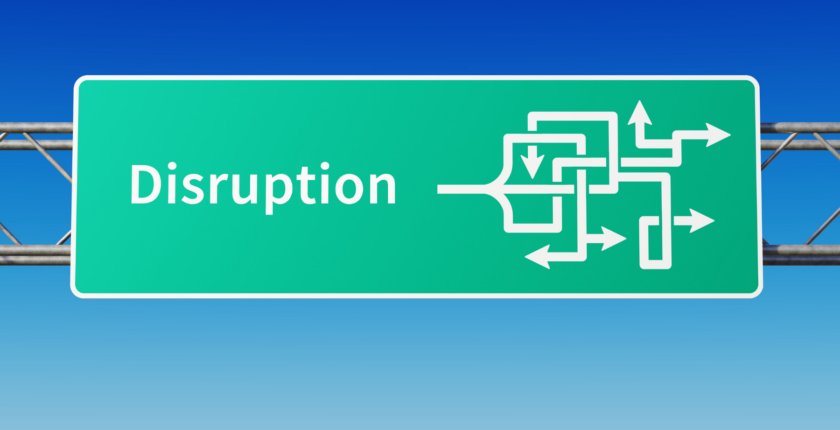Preparing for the Next Unexpected Business Disruption
So, who’s ready for 2021? Dumb question, right? There’s no question it’s been a rough year for everyone, especially businesses. Come midnight on December 31st we’ll all be toasting (while social distancing of course) to a more positive and prosperous 2021. But, what if 2021 isn’t any better?
The truth is, business disruptions, like the pandemic and riots of 2020, can happen unexpectedly at any time. Disruptions can be anything from pandemics to weather disasters, terrorist attacks, or alien invasions (hey, after this year, anything is possible). Plus, they don’t wait until it’s convenient for your schedule.
Events like these are unpredictable and often unprecedented. Employees, customers, suppliers, and possibly your bottom line can take the brunt of it. With the uncertainty and impact of these disruptions, organizations of all sizes need to have a contingency plan to ensure the continuity of business.
How do you develop a contingency plan for something unpredictable? Good question. The key is flexibility and preparation. We’ve put together a list of topics to consider when developing an organization’s contingency plan to help give you direction navigating unknown territory.
Employees – Employees are the heartbeat of any business, and there’s a lot to take into consideration. The most important thing to plan for is continued communication. Be transparent with employees and share the company’s approach and updates on the situation. Keep open lines of communication between employees and management to help them feel more safe and secure.
Review the workforce. Could more employees efficiently work from home? What about the employees required to work on-site? Should employees be cross-trained to help complete crucial tasks because of vacancies? In the case of furloughs or layoffs, are there more important positions than others to keep your operation running? What can you do for employees who are furloughed or laid off?
Disruptions can directly impact employees outside of work. Consider accommodations for employees who get sick, hurt, or employees who may have to find childcare or nurture sick children. Also, determine how you can help protect other employees.
Customers – Again, communication is critical. Outline a plan that communicates to your customers how you’re approaching the disruptive event to build your customers’ confidence in you. Outline and communicate the organization’s change of hours, contact information, business practices, ordering processes, or in-person procedures. Don’t forget to ask your customers how they are doing if they too are directly impacted.
Suppliers – You guessed it, communication is key, and it should start now. Begin the conversation with suppliers and distributors and develop a plan to keep inventory flowing should disruptions arise. It can eliminate confusion and frustration. Take it a step further and establish a relationship with upstream suppliers, if appropriate, giving you another option if trouble occurs. It may also be the time to consider using additional suppliers as back up or increasing on-hand inventory.
Disruptions don’t need to occur locally to impact your business directly. For example, a supplier located on the other side of the country could be hit by a hurricane impacting your inventory availability, pricing, and delivery.
Finances – We’re not financial advisors but encourage you to involve yours in a business contingency plan. A financial advisor can help prepare your business for economic impacts caused by disruption as well as a business emergency fund.
While developing your contingency plan, keep in mind that not all disruption will negatively impact a business. After all, did toilet paper companies expect to be so popular during a respiratory health pandemic? Could disruption happen that puts your product or service in high demand? How will you handle the surge in business?
Every business is different. What may work for one company may not work for another. Put thought into all the areas vital to keep your business moving forward. Remember, flexibility is key, after all, business disruptions are often unpredictable.
Is your business ready to move forward after the challenges of 2020? Twin City Staffing is a Minnesota employment agency that can help you find a dependable workforce to grow your operation. We specialize in hiring employees for skilled trades, general labor, warehouse, transportation, and administration jobs. Our offices are located across the Twin Cities, Monticello, and St. Cloud giving us the advantage to connect more candidates with the right company.

